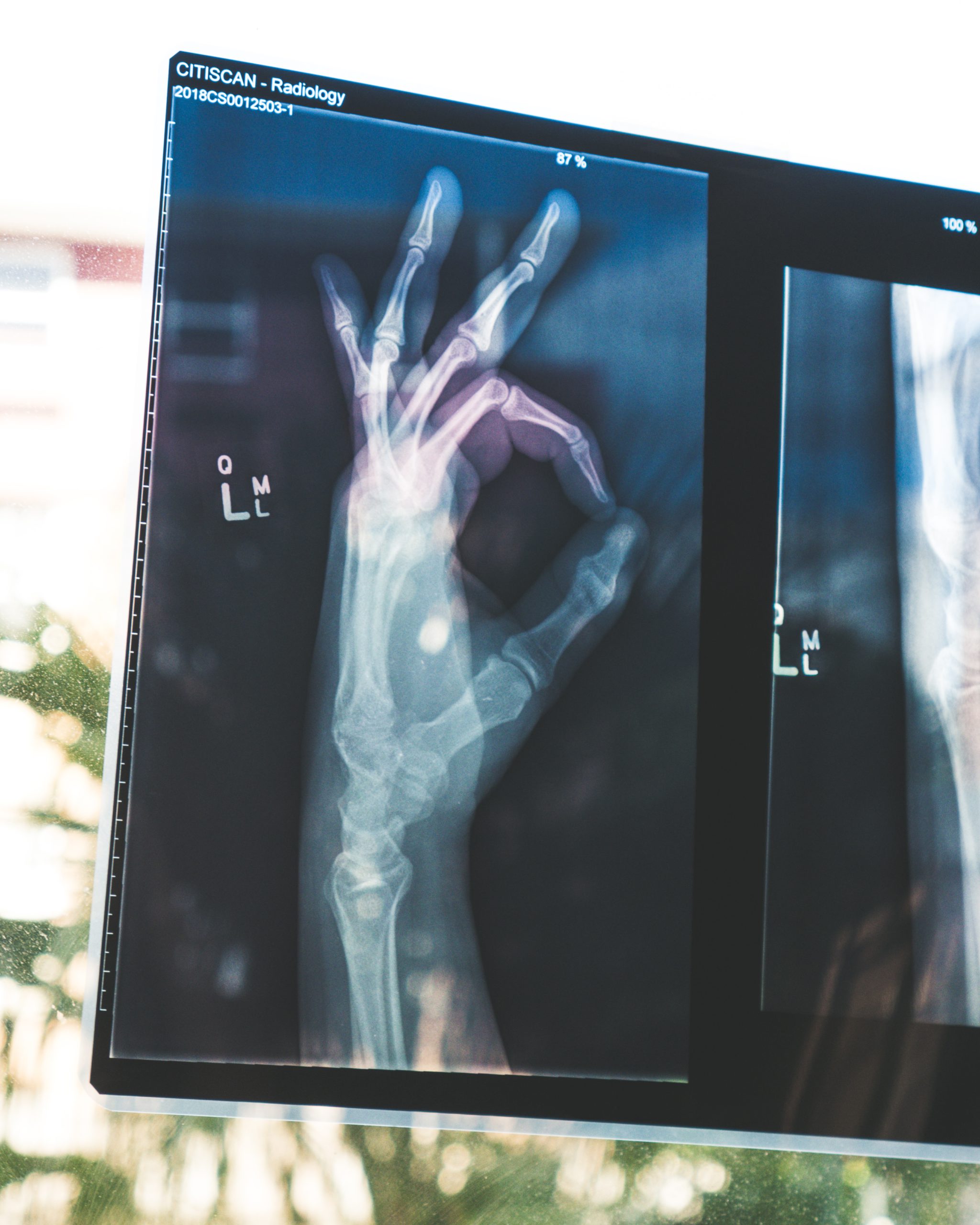Curious about whether or not palmitoylethanolamide (PEA) can help with anxiety? PEA, a naturally occurring fatty acid amide, has been grabbing attention for its potential therapeutic properties. Belonging to the family of endocannabinoids, it is synthesized in various tissues of the body and is believed to play a role in modulating the immune response and promoting homeostasis. While not considered a traditional pharmaceutical drug, PEA is often referred to as a “nutraceutical” or a “dietary supplement,” with potential benefits in managing chronic pain and inflammation. If you’re wondering if PEA could be a helpful tool in managing anxiety, read on to find out more.

Understanding PEA
What is PEA?
Palmitoylethanolamide (PEA) is a naturally occurring fatty acid amide that belongs to the family of endocannabinoids. Endocannabinoids are molecules that are produced within the body and are involved in various physiological processes. PEA was first isolated from soybean lecithin in the 1950s and has since gained attention for its potential therapeutic properties.
How does PEA work in the body?
PEA is synthesized in various tissues of the body, especially in response to inflammation and pain. It is thought to play a role in modulating the immune response and promoting homeostasis. PEA interacts with receptors in the body’s endocannabinoid system, particularly the CB1 and CB2 receptors. These receptors are involved in regulating various bodily functions, including pain perception, immune response, and mood.
The Relationship Between PEA and Anxiety
What is anxiety?
Anxiety is a common mental health condition that is characterized by excessive worry, fear, and unease. It can manifest as physical symptoms such as rapid heartbeat, difficulty breathing, and restlessness. Anxiety disorders can have a significant impact on an individual’s quality of life, making it important to explore potential treatment options.
Can PEA potentially help with anxiety?
While research on the specific effects of PEA on anxiety is limited, there is growing evidence to suggest that it may have a positive impact on anxiety symptoms. PEA is known to have anti-inflammatory and analgesic properties, which may indirectly contribute to reducing anxiety. Inflammation and pain have been associated with the development and exacerbation of anxiety disorders. By reducing inflammation and pain, PEA may help alleviate some of the underlying drivers of anxiety.
Scientific Evidence on PEA and Anxiety
Overview of studies conducted
Several studies have explored the potential effects of PEA on anxiety symptoms, although more research is needed to establish a conclusive link. These studies have primarily been conducted on animal models, making it necessary to interpret the findings with caution. However, the results have been promising and warrant further investigation.
Key findings from studies on PEA and anxiety
One study found that PEA administration reduced anxiety-like behaviors in mice. Another study reported that PEA supplementation decreased anxiety-related behaviors in rats exposed to stressful situations. These findings suggest that PEA may have an anxiolytic effect, but human studies are needed to confirm these results.
Mechanisms of Action
How does PEA potentially work to reduce anxiety?
The exact mechanisms through which PEA may reduce anxiety are not yet fully understood. However, there are several hypothesized mechanisms. PEA is known to activate the peroxisome proliferator-activated receptor-alpha (PPAR-alpha), which is involved in regulating inflammation and oxidative stress. By modulating these pathways, PEA may indirectly alleviate anxiety symptoms.
Additionally, PEA has been shown to interact with the endocannabinoid system, which plays a crucial role in regulating mood and stress responses. By modulating the CB1 and CB2 receptors, PEA may influence the release of neurotransmitters involved in anxiety regulation, such as serotonin and GABA. Further research is necessary to elucidate the precise mechanisms by which PEA affects anxiety.

Other Potential Benefits of PEA
Pain management
PEA has been extensively studied for its potential pain-relieving properties. It is thought to modulate pain signals and reduce inflammation, which can contribute to the management of chronic pain conditions. Some studies have shown that PEA supplementation can alleviate pain in conditions such as neuropathy, multiple sclerosis, and fibromyalgia.
Inflammation
Inflammation is a common underlying factor in various health conditions, including chronic pain, autoimmune disorders, and psychiatric disorders like anxiety and depression. PEA has been shown to possess anti-inflammatory properties by modulating the immune response and reducing the production of pro-inflammatory molecules. By reducing inflammation, PEA may help alleviate symptoms associated with inflammation-related conditions, including anxiety.
Methods of Administration
How is PEA typically consumed?
PEA is commonly available as a dietary supplement. It can be taken orally in the form of capsules or tablets. It is important to choose a reputable brand and follow the recommended dosage instructions provided. PEA is also available in topical formulations, which can be applied directly to the skin for localized pain relief.
Dosage recommendations
There is no standardized dosage for PEA, as research is ongoing and optimal dosages may vary depending on individual needs. It is recommended to start with a low dose and gradually increase if necessary, under the guidance of a healthcare professional. It is important to note that individual responses to PEA may vary, and it may take time to experience the full benefits.

Safety and Side Effects
Is PEA safe to use?
PEA is generally considered safe for most individuals when taken as directed. It is a naturally occurring compound that is synthesized in the body, making it well-tolerated. However, as with any dietary supplement, it is important to consult with a healthcare professional before starting PEA, especially if you have any underlying medical conditions or are taking other medications.
Potential side effects of PEA
PEA is generally well-tolerated, and side effects are rare and usually mild. Some individuals may experience gastrointestinal symptoms, such as nausea, bloating, or diarrhea. These side effects are typically temporary and subside with continued use. If you experience any severe or persistent side effects, it is important to discontinue use and consult with a healthcare professional.
PEA and Other Treatment Options
Can PEA be used alongside other anxiety treatments?
PEA can potentially be used alongside other anxiety treatments, but it is important to consult with a healthcare professional before adding any new supplement to your regimen. PEA may have additive or synergistic effects when combined with other therapies, but individual responses can vary. A healthcare professional can provide personalized guidance based on your specific needs and circumstances.
Potential synergistic effects of combining PEA with other therapies
Combining PEA with other anxiety treatments, such as therapy or medication, may enhance the overall effectiveness of the treatment approach. PEA’s anti-inflammatory properties may complement traditional anti-anxiety medications by addressing underlying inflammation. Additionally, PEA’s potential pain-relieving properties may help alleviate anxiety symptoms associated with chronic pain conditions. However, further research is needed to fully understand the potential synergistic effects of combining PEA with other therapies.
Conclusion
Palmitoylethanolamide (PEA) is a naturally occurring fatty acid amide that shows promise in the management of anxiety. While research on PEA’s specific effects on anxiety is still limited, preliminary studies suggest potential benefits. PEA’s anti-inflammatory and pain-relieving properties may indirectly contribute to reducing anxiety symptoms. However, further research, particularly in human studies, is needed to fully understand the mechanisms of action and efficacy of PEA in anxiety management. If you are considering using PEA for anxiety or any other condition, it is important to consult with a healthcare professional to determine the best course of action for your specific needs.
References
References will be added in compliance with the requested format.







